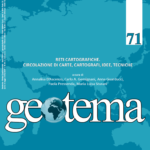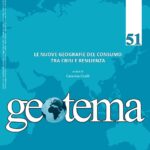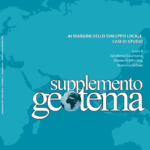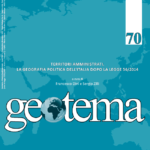Processi partecipativi glocal. Il caso di Isernia
Emilia Sarno
Abstract: PARTICIPATORY GLOCAL PROCESSES. THE CASE OF ISERNIA
The paper analyzes a method used in urban policy experiences to encourage participatory processes: the Inclusive Laboratory of Active Participation (LIPA) in the municipality of Isernia (Molise region, Italy). Having discussed some basic theoretical aspects and defined the aims and the organization of the project, I focused on the participants involved in and on the two activities undertaken in LIPA: the collection of European funds and the development of a projects for immigrant people, the so-called SPRAR. The examination is carried out according to a qualitative/observational methodology: examination of documents, attendance at the meetings and debates among participants. The results of the analysis allow us to focus on
the effectiveness of a laboratory of inclusion and to show its advantages and disadvantages. In fact, such an experience is significant given that it shows the spread of new methodology of governance in a small town but, on the other hand, it highlights the difficulties in developing an effective bottom up model, especially as far as an innovative aspect about the participatory process is concerned: bottom-up relationships. However, such difficulties provide elements useful for the discussion and construction of participatory models.
Keywords: urban policy, participatory processes, inclusive laboratory, active citizenship, Molise region.









